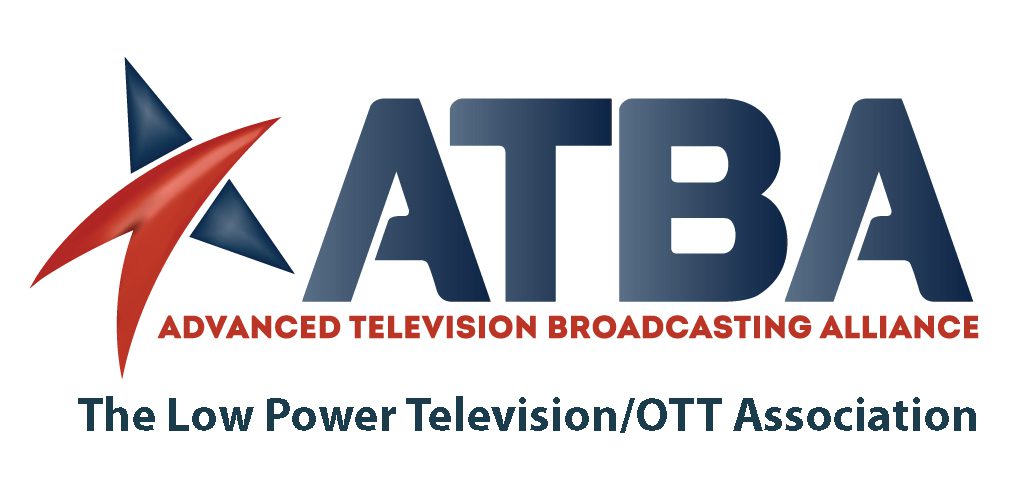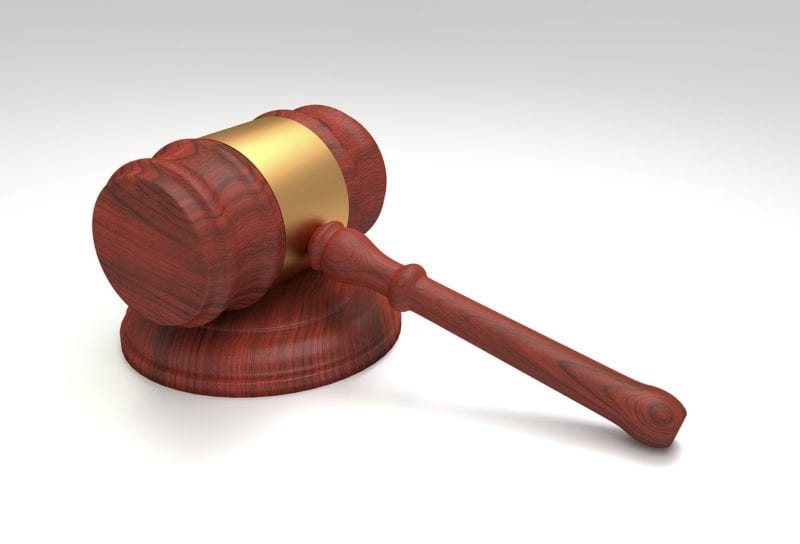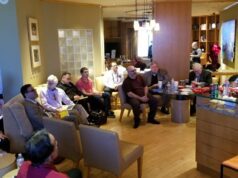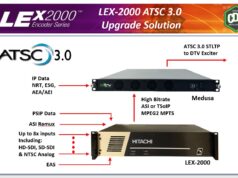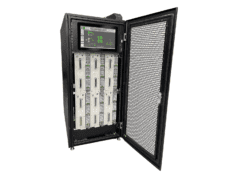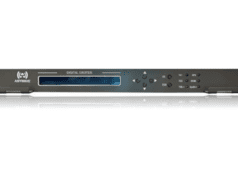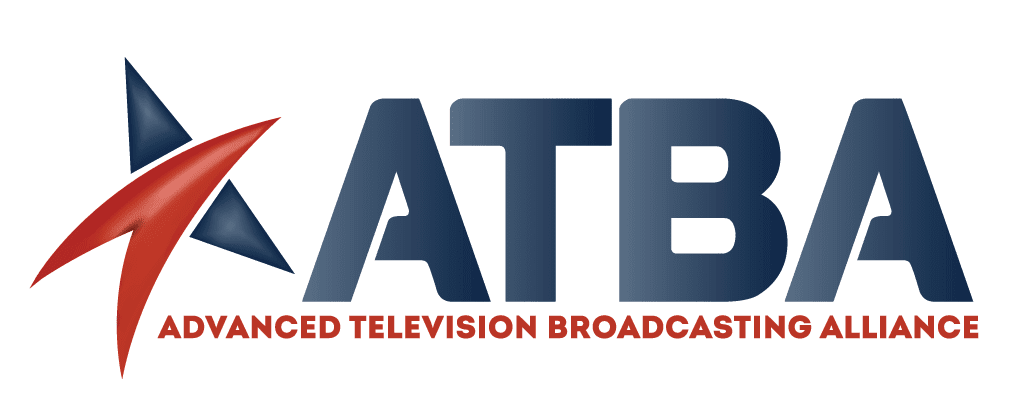Share us on: By Michael Macagnone
Law360, Washington (August 15, 2016, 8:52 PM ET) — Low-power TV investors and a religious LPTV station urged the D.C. Circuit on Friday to reconsider tossing their challenge to the upcoming spectrum auction, saying the Federal Communications Commission has trampled the rights of LPTV license holders.
The petitioners urged either the original three-judge panel or the full court to rehear and possibly overturn the panel decision in June that rejected Word of God Fellowship Inc.’s challenge of the auction because the channel did not participate in the FCC proceedings below and Free Access & Broadcast Telemedia LLC’s challenge because owning option rights to LPTV stations did not give it the property interest necessary to sue.
Free Access, according to the petition, is left with no judicial recourse to challenge the repacking of spectrum in the FCC’s spectrum auction, which could take some LPTV stations off the air. The company argued that, while creditors have the option to protect their interests in bankruptcy and shareholders have other court protections to ensure their protection, option holders have no such recourse and should not be subject to the “shareholder rule,” which in this case bars owners of a company from challenging adverse agency action against the company itself.
The petition said that the Hobbs Act, the statute that gives federal courts jurisdiction over agency actions like the spectrum auction, should give Free Access standing and an opportunity to challenge the FCC’s actions in federal court.
“Its constitutional standing is uncontested (and unassailable). In holding that Free Access lacked prudential standing, the panel ignored Congress’ clear instruction that under the Hobbs Act, any ‘party aggrieved’ — irrespective of shareholder or option-holder status — may petition for review of FCC actions,” the petition said.
Friday’s petition also criticized the nixing of Word of God’s challenge, saying the channel should have been allowed to challenge the FCC’s plans on the basis of its participation in the [/companies/national-association-of-broadcasters]National Association of Broadcasters during FCC proceedings even though it did not participate separately. Requiring separate participation to retain standing undermines the purpose of trade associations and could create a mountain of duplicative filings in future rule-makings from companies preserving their standing, according to Word of God.
“It turns the Hobbs Act into a Hobson’s choice, forcing companies to either irrevocably delegate their judicial review rights to trade groups, or file needlessly redundant papers,” the petition said.
The petition urged the D.C. Circuit to reach beyond the jurisdictional decision it reached in June to address what the petitioners’ view as a violation of the Spectrum Act. It said the law requires that the agency preserve spectrum for LPTV stations, not “repack” it as the agency has interpreted, potentially pushing them off the air.
The panel heard oral argument in the case in early May. During the hearing, other parties including LPTV station owner Mako Communications LLC also slammed the repacking plan as making low-powered broadcasters secondary to full-power stations and wireless carriers, in violation of the Spectrum Act.
Representatives for the FCC declined to comment Monday. Counsel for the groups could not be immediately reached for comment.
Judges Thomas B. Griffith, David B. Sentelle and Sri Srinivasan sat on the panel for the D.C. Circuit.
Free Access and Word of God are represented by C. Boyden Gray, Adam Rabun Fast Gustafson, Jeffrey White and Derek S. Lyons of Boyden Gray & Associates PLLC and Glenn B. Manishin of ParadigmShift Law LLP.
The FCC is represented by William J. Baer, Robert J. Wiggers and Kristen C. Limarzi of the U.S. Department of Justice and in-house by Jacob M. Lewis, Jonathan B. Sallet, David M. Gossett and Thaila K. Sundaresan.
The case is Free Access & Broadcast Telemedia LLC et al. v. Federal Communications Commission et al., case number 15-1346, in the U.S. Court of Appeals for the District of Columbia Circuit.
–Additional reporting by Jimmy Hoover. Editing by Brian Baresch.
